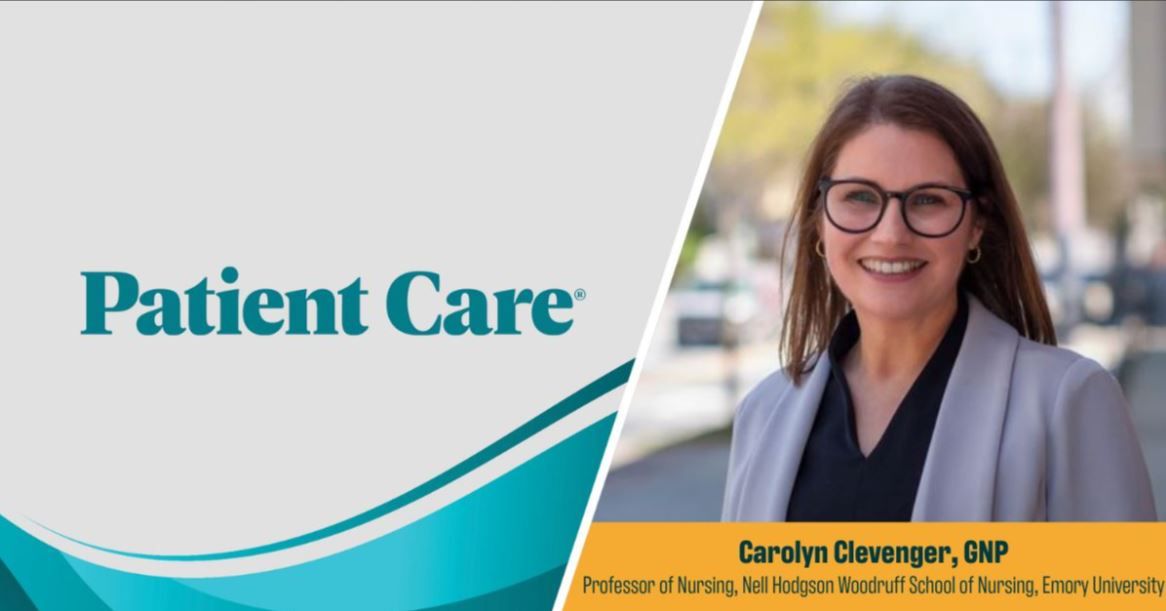
Neurology
Latest News

Obesity Linked to Faster Alzheimer Disease Progression in Longitudinal Blood Biomarker Analysis
Latest Videos

CME Content
More News

Two-thirds of participants experienced clinically meaningful response within 3 months; effects sustained through 12 months with mild adverse event profile.
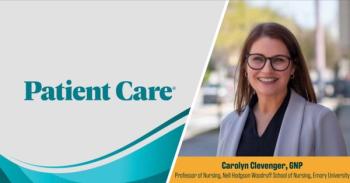
Clevenger reviews survey findings behind the recent report "The Agitation Blindspot in Alzheimer’s Care."

Novartis's Itvisma gains FDA approval as the first intrathecal gene therapy for spinal muscular atrophy, promising improved motor function and independence.
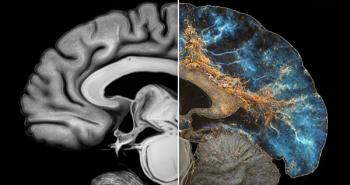
J&J halts phase 2b AuTonomy trial after anti-tau antibody posdinemab fails to slow clinical decline, marking another setback for tau-targeting therapeutics.

Evoke trials testing semaglutide for Alzheimer disease missed primary endpoint, failing to demonstrate benefit on cognition despite positive effects on disease markers.

Topline data show the factor XIa inhibitor cut ischemic stroke risk without increasing ISTH major bleeding, pointing to a possible new option for secondary prevention.

Life-course analysis sheds light on how movement patterns influence brain resilience, giving clinicians new context for counseling about dementia prevention.

Eisai and Acumen Therapeutics will present new data in areas including long-term outcomes, brain delivery strategies, and early-stage Alzheimer disease.

UK neurodivergent adults report strong views on neurodiversity terminology, emphasizing correct usage and its role in stigma, identity, and communication.

Individuals who have chronic widespread pain showed a 75% increased risk of developing hypertension compared to fellow UK Biobank participants who were pain-free.

Your daily dose of the clinical news you may have missed.

Higher surprisal scores, measuring how atypical a daily experience is, increased migraine odds by 86% at 12 hours and 115% at 24 hours in new cohort study.
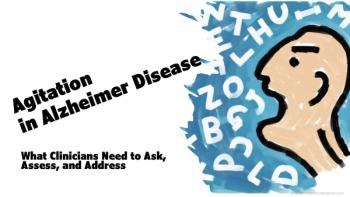
A geriatric psychiatrist's clinical pearls on agitation in AD, incluiding behavioral cues, triggers, and evidence-based treatment strategies for primary care.
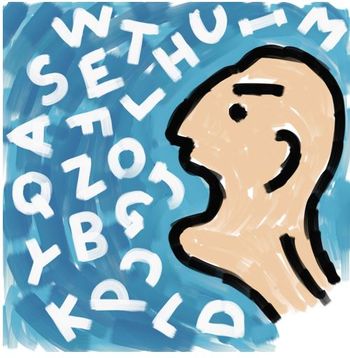
Many caregivers, both paid and unpaid, miss or misinterpret agitation symptoms in Alzheimer disease, fueling stress, stigma, and delayed medical support.

Indiana University study found that integrating patient-reported outcome questionnaires with machine learning boosts dementia diagnoses by 31% in primary care settings.

TMS 2025: Katrina Wugalter, MA, discusses research showing that age—not menopause stage—drives brain volume decline, and how lifestyle factors can help preserve brain health in midlife women.

Submission of the sNDA suggests a potential FDA decision on the dextromethorphan-bupropion combination sometime during the first quarter of 2026.
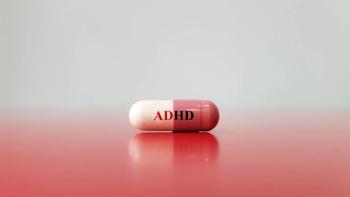
Nonstimulant medications play a crucial role in ADHD treatment, offering effective alternatives for patients intolerant to stimulants or at risk of misuse.

Common questions on the critical window hypothesis for timing of postmenopausal MHT ask about rationale, clinical evidence, and guideline response.

Valiltramiprosate is a novel disease modifying therapy designed to inhibit formation of soluble neurotoxic amyloid oligomers, acting upstream in the amyloid cascade.

TMS 2025: Katrina Wugalter, MA, explains why treating vasomotor symptoms may be key to improving cognitive function during menopause.

New research presented at TMS 2025 suggests menopause stage does not accelerate brain volume loss—age does. Study author discusses clinical implications for PCPs.

Plasma assays combining p-tau217 and Aβ42/40 accurately confirm AD, supporting patient eligibility for anti-amyloid disease-modifying therapies.

A study reveals that starting benzodiazepines or antipsychotics in hospice patients with dementia significantly increases 180-day mortality, urging careful prescribing.

An 18-year multicohort study found that smokers who quit even in later life showed 20% slower memory decline vs those who continued to smoke.


